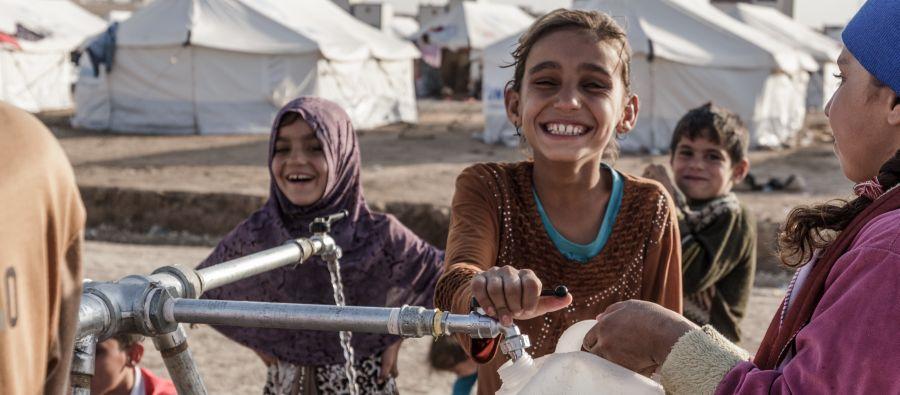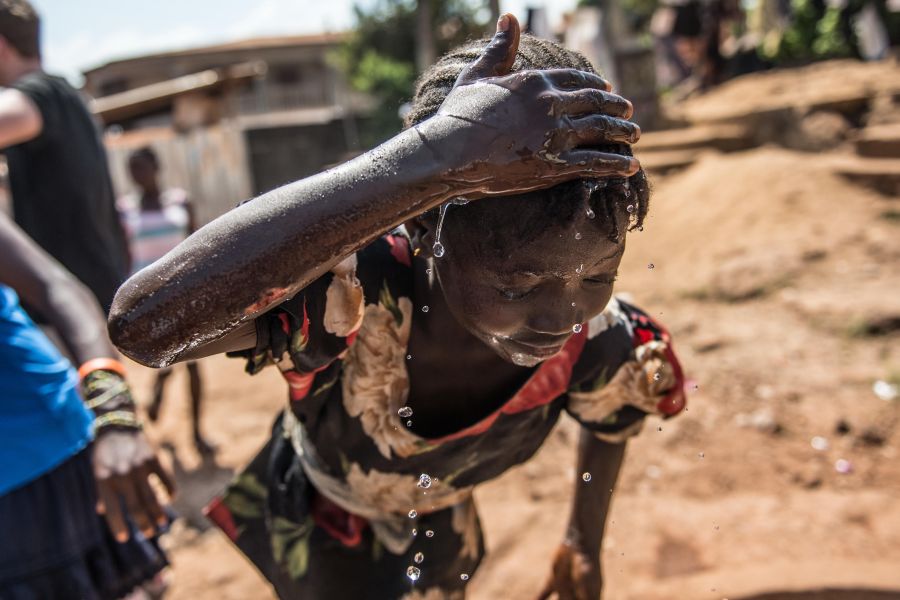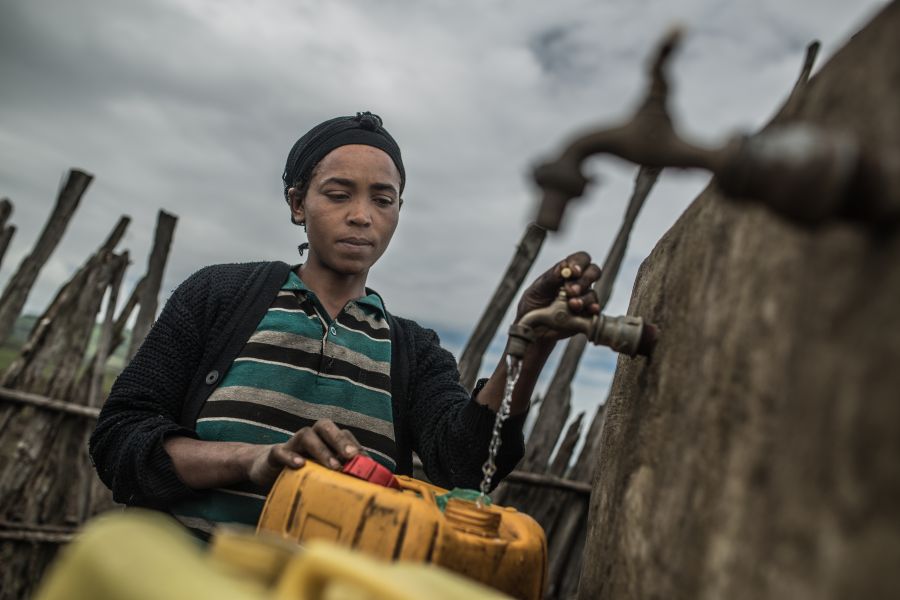
It’s all too easy to forget what a miracle water is. In rich countries, clean, safe drinking water is so plentiful and easily available that we simply take it for granted. Access to clean water is a fundamental human right.
Yet around the world, billions of poor people are still faced with daily challenges accessing even the most basic of services, spending countless hours queuing or trekking to distant sources, and coping with the health impacts of using contaminated water.
Millions get sick or die every day because they are forced go without these necessities of life. Diseases from unsafe water and lack of basic sanitation kill more people each year than all forms of violence, including war.
The Costs Of Unsafe Water
- 663 million people do not have access to clean water. Water scarcity affects more than 40 per cent of the global population and is projected to rise.
- 2.4 billion people lack access to basic sanitation services, such as toilets or latrines.
- Around 1.8 billion people globally use a contaminated source of drinking water, putting them at risk of contracting cholera, dysentery, typhoid and polio.
- Almost 1 million people die from water and sanitation-related diseases per year
- Every day, 1400 children die from diarrhea caused by dirty water.

Clean Water Reduces Poverty And Vulnerability
Water is central to almost every aspect of Oxfam’s work: our humanitarian responses, our campaigns, and our long-term initiatives to help families improve their incomes, reduce their vulnerability to disasters, and defend their rights.
During emergencies, the water and sanitation systems that communities depend on often collapse or become enormously overtaxed. Repairs or expansions take time, time that people who need them to stay alive don’t have. Without water, people can’t last much beyond three days.
That’s why we focus much of our emergency response on providing survivors with a safe supply of water. Our water engineers provide large-scale delivery systems and disease-preventing sanitation facilities – even in the most difficult circumstances such as the Haiti earthquake and the Pakistan floods.
- In 2015/16, Oxfam provided 5.4 million people with improved access to clean water across 31 emergencies
- Since Jan 2014, Oxfam has built and repaired water systems for almost 1m people inside Syria
- We delivered more than 300m liters of clean water every month in the Haiti earthquake response

Furthermore, access to clean water is deeply linked to poverty. Water scarcity, poor water quality and inadequate sanitation negatively impact food security, livelihood choices and educational opportunities for poor families across the world, especially for women and girls who spend endless hours fetching water over long distances.
For Oxfam, tackling the root causes of poverty often means addressing these water-related injustices. We’re supporting long-term projects with sustainable solutions to provide safe water and sanitation.
Dirty water, poor sanitation and unsafe hygiene practices have claimed more lives over the past century than any other cause – and it continues to do so in many developing countries making this one of the world’s most urgent health issues.

